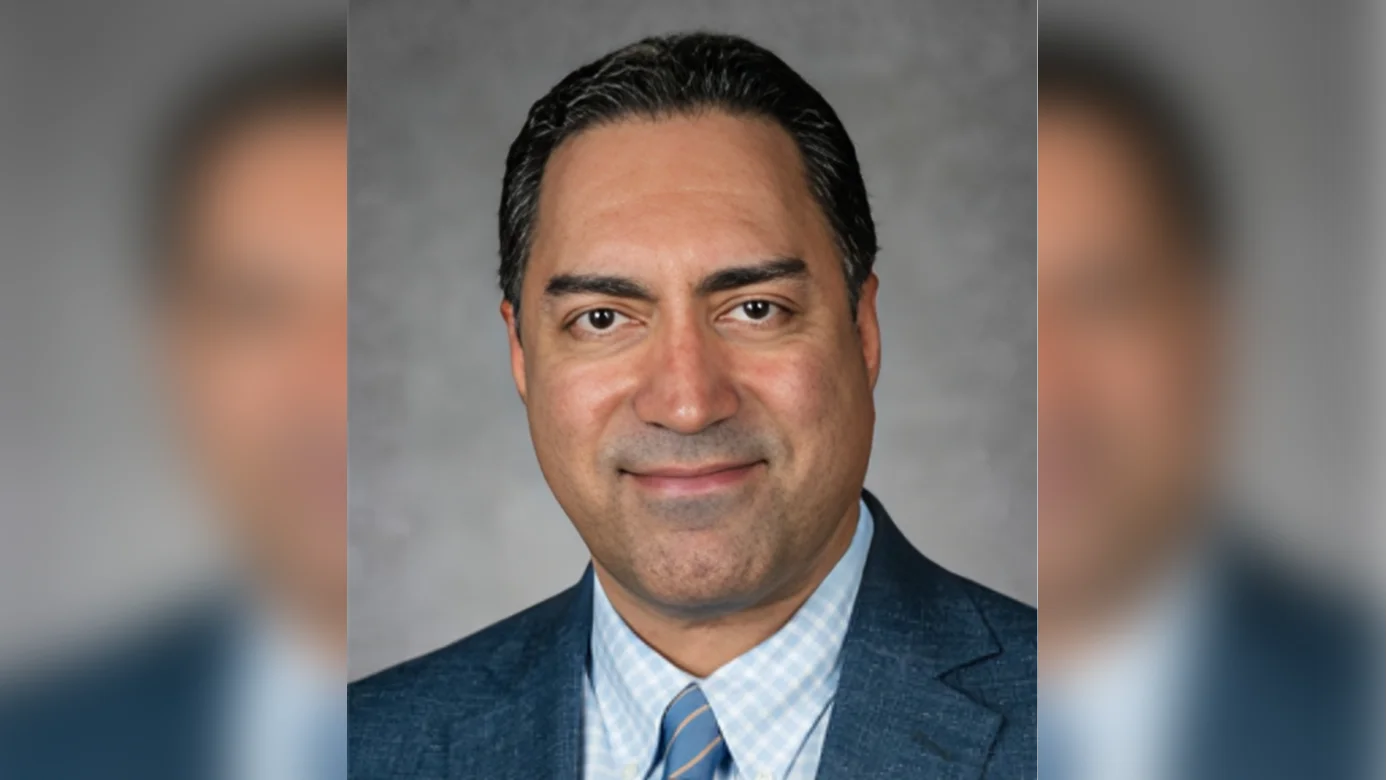
President Daniel J. Elsener | Marian University website
Marian University in the United States is taking a unique and innovative approach to engineering education in an effort to improve graduation rates in this challenging field. As one of the most rigorous fields of study available to college students, engineering often experiences low graduation rates compared to other disciplines in higher education.
Recognizing this issue, Marian University has made it a priority to transform the way engineering is taught and learned. The university aims to provide its engineering students with the necessary skills, knowledge, and support to succeed in their academic journey. By doing so, they hope to increase graduation rates and produce highly skilled engineers who can contribute to society.
According to Dr. Sarah Johnson, the Dean of the Engineering Department at Marian University, the traditional approach to teaching engineering often focuses solely on theoretical concepts and fails to provide students with real-world applications. In an interview, Dr. Johnson stated, "We wanted to create an environment where students can learn engineering by doing engineering."
Marian University has implemented a hands-on and experiential learning approach that allows students to apply their theoretical knowledge to practical projects. This approach involves engaging students in collaborative projects, internships, and research opportunities that simulate real-world engineering challenges. Dr. Johnson emphasized the importance of this approach, stating, "By engaging students in real-world projects, we are preparing them for the challenges they will face in their future careers."
The university has also established strong partnerships with industry leaders to provide students with valuable insights and experiences. These partnerships enable students to work on projects that align with industry needs and standards. This industry-focused approach aims to bridge the gap between academia and the professional world, ensuring that graduates are well-prepared for the demands of the engineering industry.
Marian University's innovative approach has already yielded positive results. The graduation rates for engineering students have significantly improved since the implementation of the new curriculum. According to a report from the university, graduation rates have increased by 20% in the past three years.
In addition to the hands-on learning approach, Marian University also offers extensive support and resources to its engineering students. The university provides mentorship programs, tutoring services, and networking opportunities to help students succeed academically and professionally. These support systems play a crucial role in building students' confidence and ensuring their success in the challenging field of engineering.
Marian University's commitment to transforming engineering education has garnered recognition and praise from both students and industry professionals. Mark Thompson, a senior engineering student at Marian University, expressed his appreciation for the innovative approach, stating, "The hands-on projects and industry partnerships have truly enhanced my learning experience and prepared me for my future career."
The university's innovative approach to engineering education serves as a model for other institutions seeking to improve graduation rates in challenging fields. By combining hands-on learning, industry partnerships, and robust support systems, Marian University has successfully increased graduation rates and produced highly skilled engineers.
As the demand for qualified engineers continues to grow, it is crucial for educational institutions to adapt their approaches to meet the changing needs of students and the industry. Marian University's innovative approach sets an example for the future of engineering education and highlights the importance of practical, real-world learning experiences in preparing students for successful careers in engineering.






 Alerts Sign-up
Alerts Sign-up